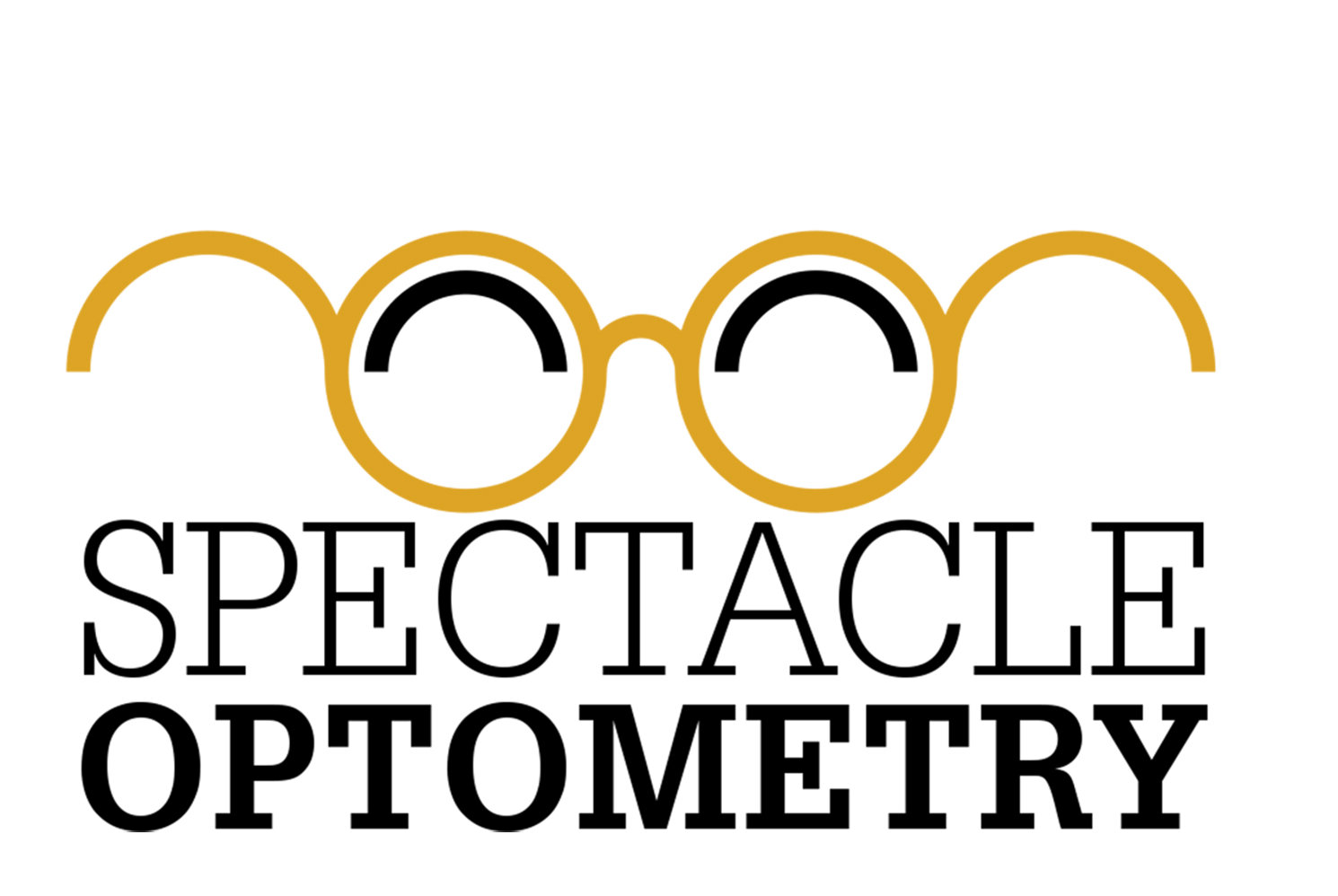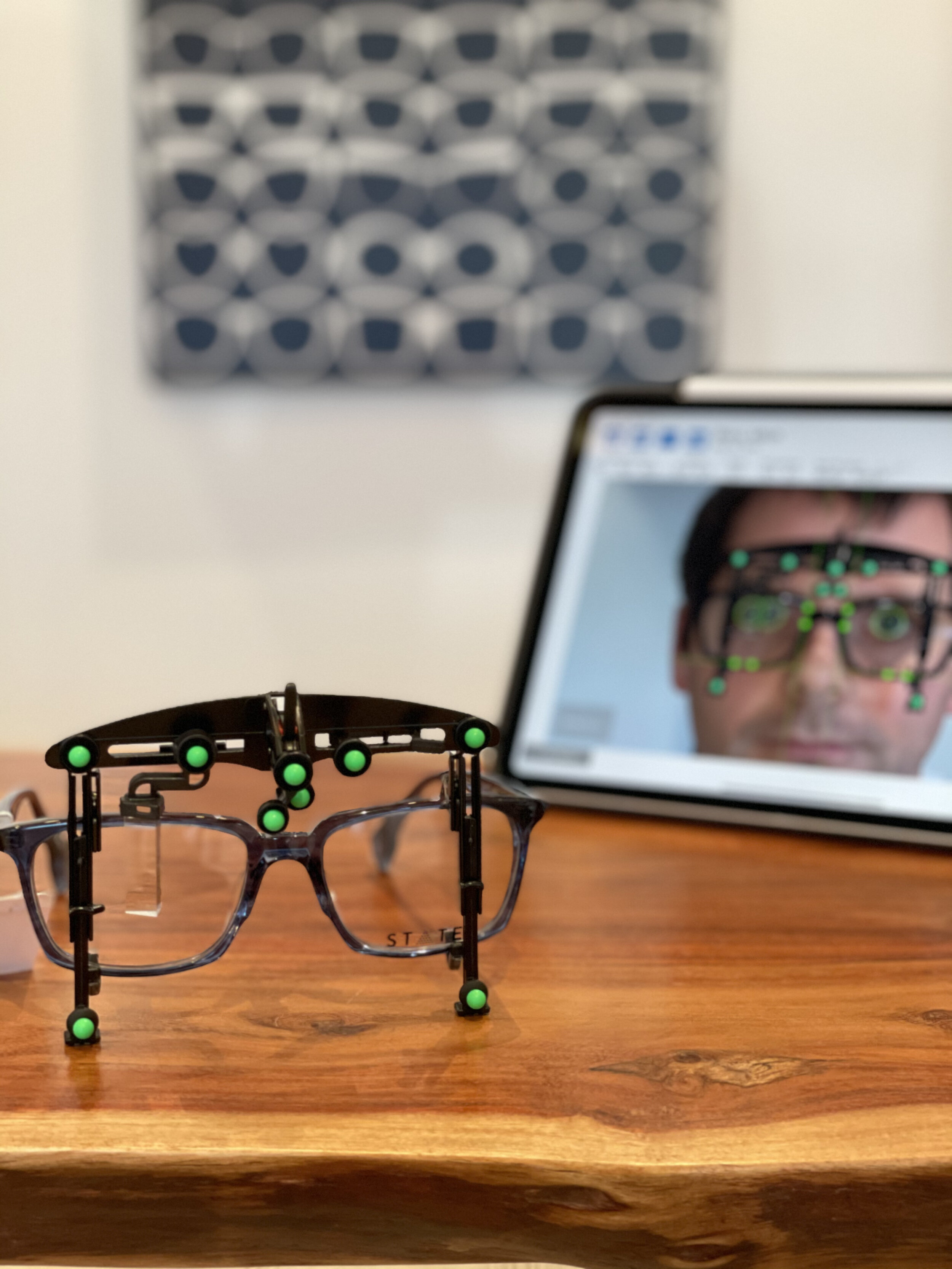OPTICIAN, OPTOMETRIST, OR OPHTHALMOLOGIST?! OH MY!
We get asked all the time as optometrists why we didn’t continue schooling to become an ophthalmologist. That’s actually not at all how it works! We know it can be awfully confusing as to what the difference is, so we’re going to focus on the three O’s in our field… opticians, optometrists, and ophthalmologists… and why we need each of them to help our patients. Each of the three professions actually go to school specifically to excel in the career path that they chose. You can’t continue schooling to become another, so what makes them so unique that there would be three different types of degrees? Let’s jump right in!
OPTICIANS
Whenever you are picking out glasses, going over your insurance coverage for glasses, ordering contacts, getting an adjustment on your glasses, or getting measured for a precise fit in your glasses, that is when your optician shines! Opticians know the ins and outs of different lenses, frames, and sometimes even contact lenses. They will assist you to get just what you need and make sure it fits you perfectly as well. They are the ones who order your glasses, make sure they are made correctly at the lab, and depending on the office setup, even cut the lenses into your frame. Some opticians even double as the technician that gets you prepped and ready to see the doctor at your exam too. While it can vary by school or program, it takes about 2 years to complete an associate degree in opticianry or dispensing. As you can see, opticians are extremely helpful in making sure you get the exact glasses you need!
OPTOMETRISTS
Our doctors here at Spectacle are both optometrists. They went through a four year optometric graduate program after completing college in order to learn the ins and outs of eyes. They are the ones responsible for your glasses and contact prescriptions and making sure they are just right. They also check your eye health and ensure everything is spot on. They can diagnose eye diseases, treat, and manage patients with different eye conditions. We may be biased, but we think it’s pretty incredible all that they can do. This is who you will see for your annual eye exams to check just about everything, so clearly they are vital to our field of eyes and to you as well!
OPHTHALMOLOGISTS
If there are any conditions that need to be treated by way of surgery, your optometrist or primary care doctor can refer you to an ophthalmologist for surgery. An ophthalmologist is a surgeon who underwent a four year medical school after college then additional residencies specializing specifically in the eyes that can last up to four or five additional years. Depending on what they specialize in, ophthalmologists are the ones who perform surgeries such as LASIK, cataract removal, glaucoma management, and retinal procedures. In times of emergencies when sight threatening conditions are at play, these are the ones we rely on to save our vision. They are definitely much needed!
We hope you can see why each and every profession we’ve discussed is so important to our overall eye needs. Our eyes are complex organs that need specialized attention in many areas. But don’t worry, we can direct you to exactly who you need in any situation!






